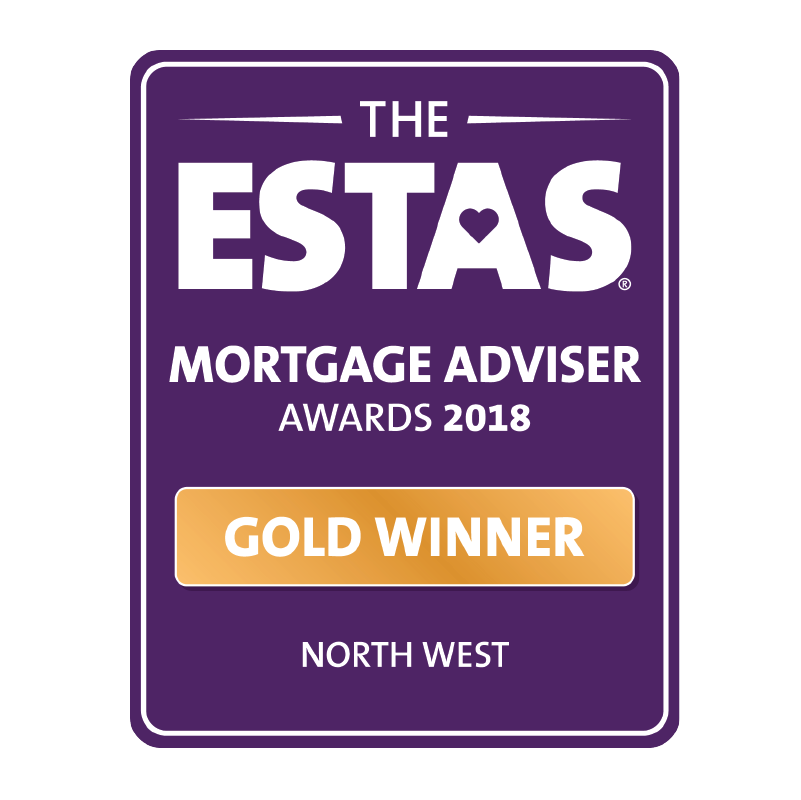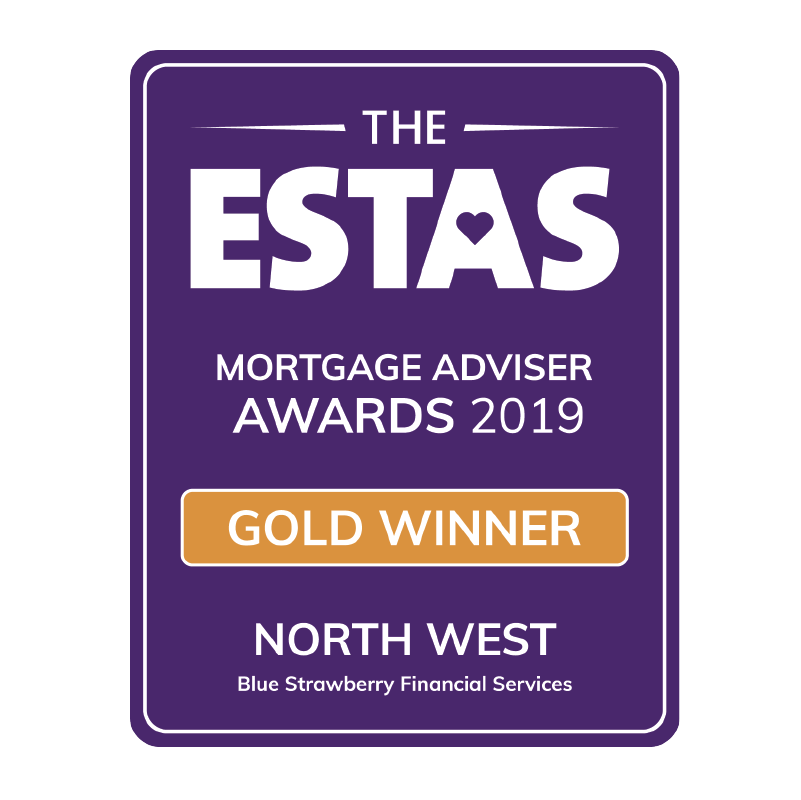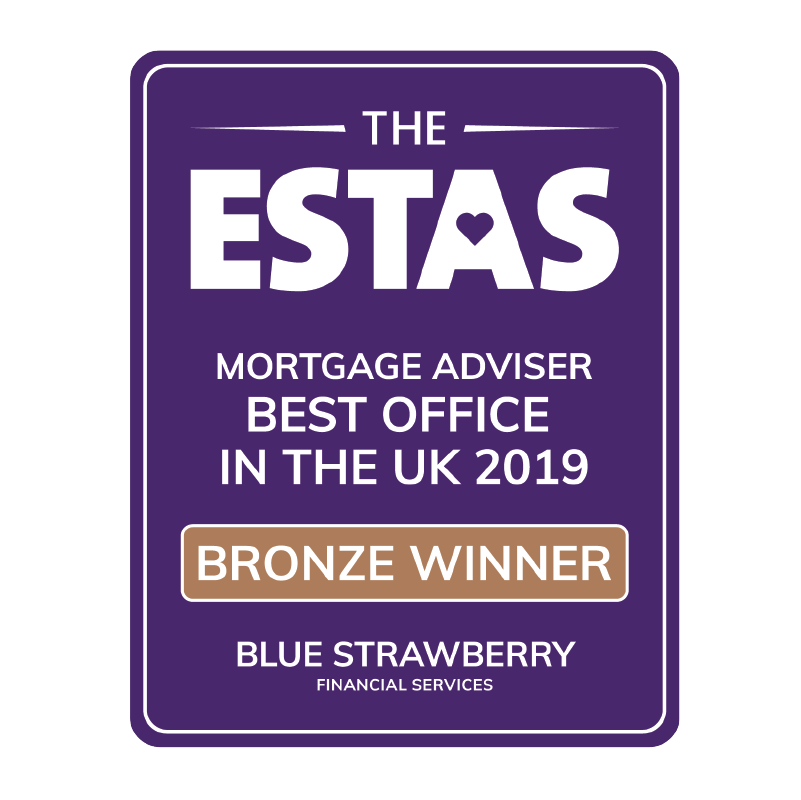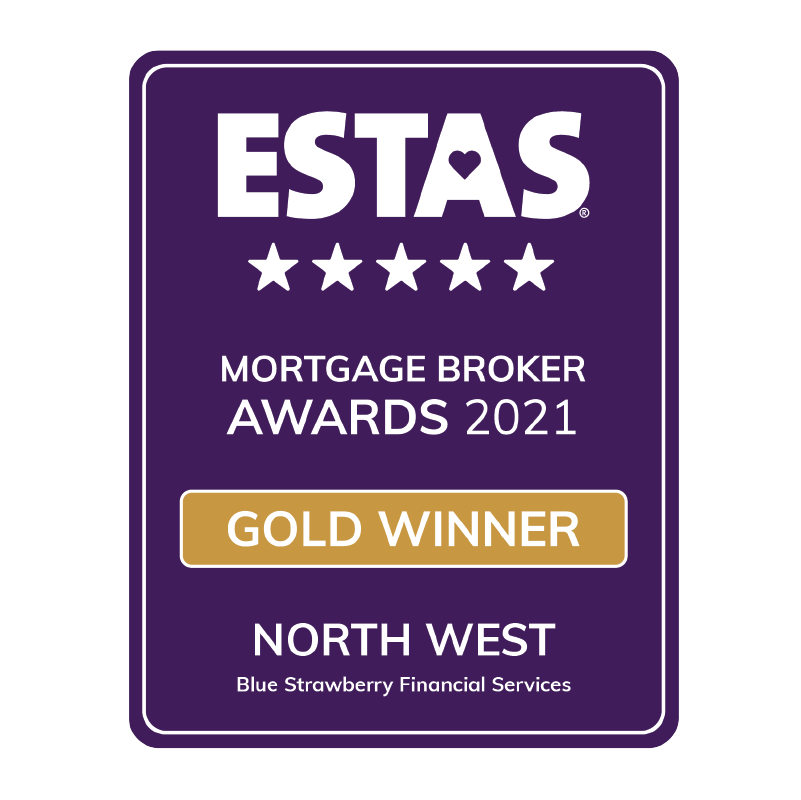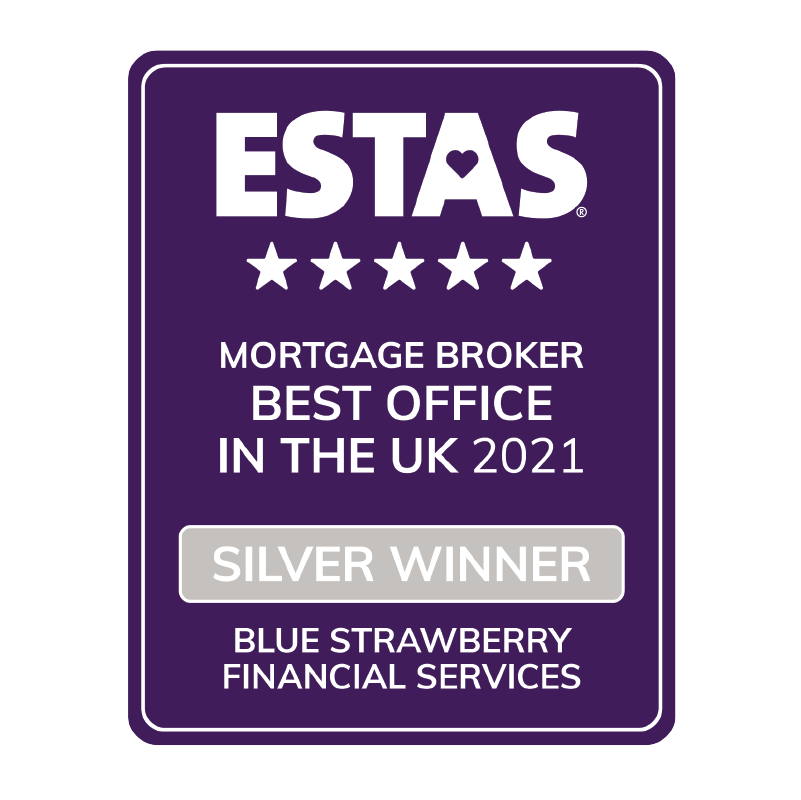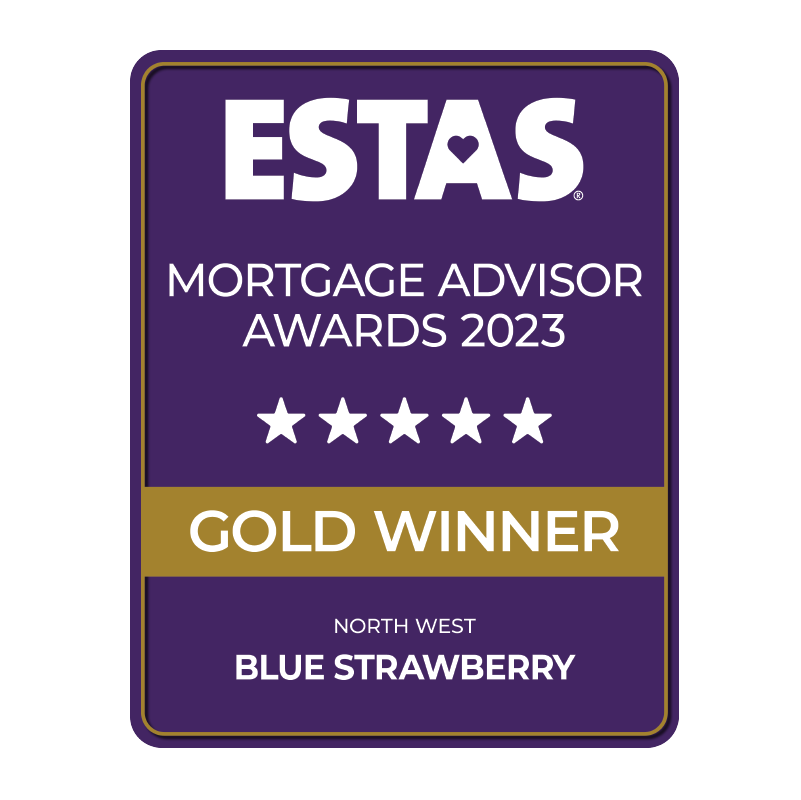Overview
The complications of buying your first home can know no bounds, and sometimes it can be a rather daunting task. The purpose of this guide is to take you on a journey through the mortgage process, and by the end, you will be furnished with all of the knowledge you will need to when it comes to buying your first home.
What Is A Mortgage?
Without wanting to be condescending, we are going to explain what a mortgage is briefly. Essentially a mortgage is a loan that is provided by a bank or lender that will provide you with the finance needed to purchase a property.
When you take out the loan, you make a promise to the lender that you will repay, and you place the property itself up as collateral. If you fail to repay the mortgage, the lender then has the option to repossess the property and sell it on to make the amount of the loan up.
What Types Of Mortgage Deals Are Available?
While you will hear lots of terms brandished about, it is essential to realise that all mortgages tend to fall into two categories. The first is a repayment mortgage, this type of mortgage is where you pay off some of the mortgage and some of the interest each month.
The second is an interest-only mortgage. With an interest-only mortgage, you pay off all of the interest first, and at the end of the mortgage term you will then pay off the originally borrowed sum.
Within the two categories mentioned above, there are a few types of mortgage deal you can choose from. We will now break this down below:
- Fixed-rate mortgage – A fixed-rate mortgage maintains a single rate of interest throughout the term of the loan.
- Tracker mortgage – A tracker mortgage is a loan with an attached variable rate. Tracker rates are generally set at an introductory rate.
- Discount mortgage – A discount mortgage is a loan that has a pegged interest rate that is generally lower than the lender’s standard variable rate for a set period.
- Offset Mortgages – An offset mortgage is generally linked to a savings account, and this allows you to have a reduction in charged interest.
When it comes to the type of mortgage you choose, it will generally be valid for a set number of years – usually between one and 10 – this is known as the mortgage fixed rate period.
After your introductory period, you will then be moved onto an SVR or standard variable rate mortgage. The SVR mortgage will usually have a higher interest rate when this happens; most people choose to switch to a brand new mortgage deal.
There are some considerations that can play a huge part in your choice of a mortgage, and they include:
- The kind of property you are buying
- How much deposit you have managed to save
- Your monthly repayment affordability
- The length of time for the mortgage
- Whether you are using a scheme such as Help to Buy
Knowing what kind of mortgage or deal is best for you can be a hugely daunting thing. The best thing you can do in these situations is to employ the help of a mortgage advisor.
Check Out Your Finances
As we have briefly mentioned, the type of mortgage you can have will often depend on your personal circumstances, and one of the most important things you should have in place when looking for a mortgage is a deposit.
If you hope to get a mortgage, you should be looking to save at least a 10% deposit of the total cost of the property you are looking to buy. There are some lenders out there that offer a 5% deposit, but you will generally find that the interest rates are higher and that you don’t have much in the way of options.
When it comes to getting the best deals available, a deposit of 25% will open up plenty of doors for you. When it comes to saving for a deposit, it is best to start as soon as you can. Saving a deposit can take many years, so the earlier you start, the better.
Getting An Agreement In Principle
When the time comes that you want to start viewing properties, any estate agent you have dealings with will probably ask if you have an agreement in principle or an AIP.
An AIP is a statement from a bank or mortgage provider that says that in principle, they are prepared to lend you a certain amount of money. Of course, the AIP is subject to several affordability checks being passed.
When you have an AIP, this can help prove to estate agents and buyers that you are a serious buyer and not just pavement kicking to waste their time. It is important to note that having an AIP may not always be necessary and can from time to time, leave a little mark on your credit score. So before you head out and start looking at properties, you should consider calling a few estate agents and seeing whether you will need an AIP.
Getting A Mortgage Offer
So, you have your AIP, and now you are ready to apply for your mortgage, this is where the skills of a good mortgage broker can really come in hand.
A good mortgage broker will request every piece of documentation that will be needed by the lender and more often than not, they will also have a good relationship with the lenders. Something that not many people realise is that a mortgage broker will generally have access to offers, rates and deals that cannot be obtained should you go directly to the lender.
In the hands of a good mortgage broker, a mortgage offer could be on the table very quickly and nowadays; there are even banks and lenders that offer a mortgage in 24 hours.
Once you have received a formal offer of a mortgage from a lender, it will generally have a limit on validity. Most lender mortgage offers will be valid for around 3-6 months. If your first home is a new build, the offers tend to be valid for more extended periods of time.
It is important to realise, that in some cases, completing a house purchase can stretch out.due to checks that are carried out during the legal process. In cases like this, you would have to ask for an extension from the lender.
Moving Day
After putting everything in the hands of the legal team, the day will soon come around when you get your keys. Dependant on the involved chain this can go in a few different directions, so you should always ready when it comes to the big day.
When moving day comes around, unfortunately, it’s not quite as simple as you wake up and get your keys. If you are in a chain of buyers, there is a specific path of mortgage clearing and key collecting, and depending on where you sit in that chain, you may have to wait a while.
You may, however, be moving into an empty house, and as soon as the estate agents get a call saying the mortgage payment has cleared, they will call you and ask you to collect the keys.
While mortgages can seem like a rather complicated thing, armed with a little knowledge and the help of a mortgage advisor, you can be in your first home before you know it.
